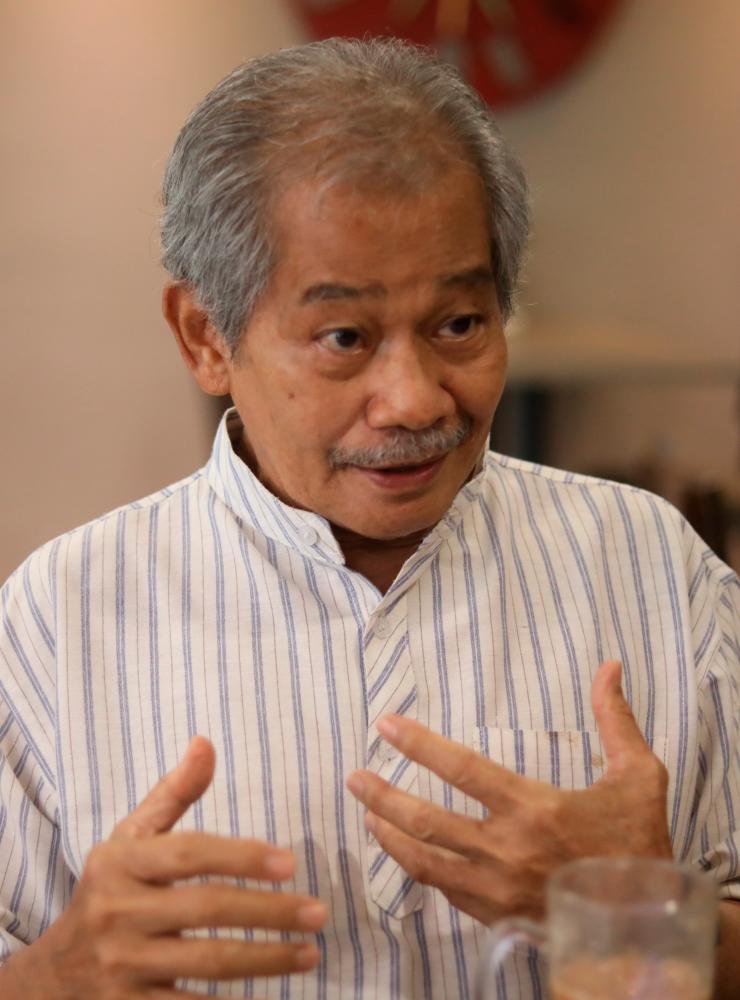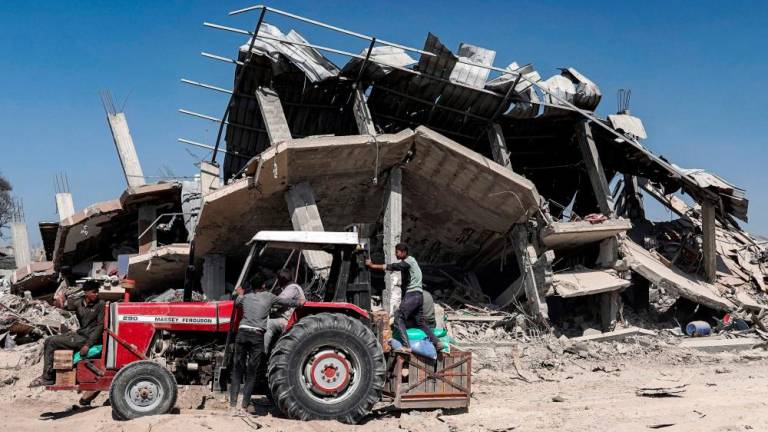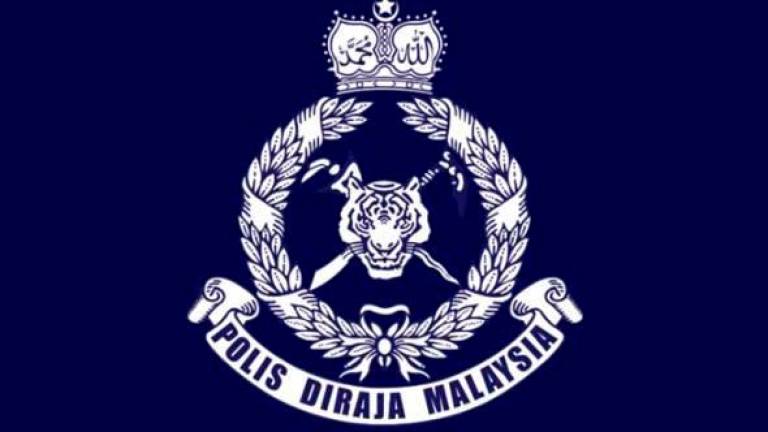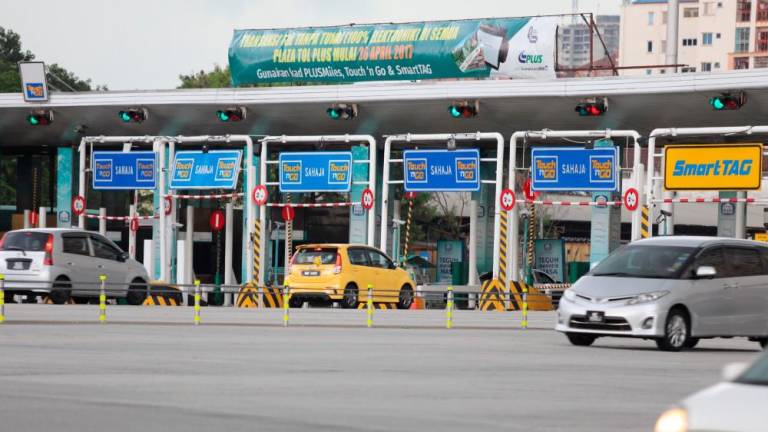PETALING JAYA: Indonesia launched its “confrontation” with Malaysia on Jan 20, 1963, after its president, Sukarno, objected to the creation of the Federation of Malaysia. It ended peacefully almost four years later on Aug 11, 1966, when he was deposed.
For Datuk Major (Rtd) Kamaruddin Mohd Jamal, his first encounter with Indonesian soldiers was on Aug 21, 1964, in Pontian, Johor.
Although he was with the 6th Battalion of the Royal Malay Regiment, he had been ordered to join a different company in Johor. Indonesian forces had landed there, and in Kukup and Benut, two days before he assumed his new post.
As part of an ad-hoc group of soldiers, Kamaruddin, then a 22-year-old second lieutenant, was tasked with laying ambushes in critical areas.
“A man from a nearby village brought information about the enemy to pass on to us and I was ordered to take 10 men and the informant to a nearby rubber plantation. I noticed that the informant was reluctant to accompany us, but we continued to recce the area,” he told theSun.
He repeatedly asked the informant about the enemy’s location but the man kept pointing to the plantation instead.
Kamaruddin reassessed their position as he suspected that they were being led into an ambush. Not surprisingly, he later found that the informant had fled.
“Rather than waste time, I did a second recce of the area and identified another route, which was by the side of the rubber plantation and passed through a pineapple plantation. However, we still didn’t have the enemy’s exact location. It was already noon by then.”
He added that quite by chance, he noticed a figure ahead of him and while crawling forward, caught sight of a leg in camouflage.
“Without a doubt, it was the enemy.”
A shot rang out, forcing him to turn back.
“Splinters hit my face. I yelled to everyone to hit the ground and return fire.”
During the intense shoot-out, he realised that his group of 10 men were outnumbered two to one.
“We had only rubber trees for cover and had to get out.”
Kamaruddin said he then decided to use a grenade to counter the shots.
“After hurling a grenade, I ran back and heard it hit a branch. I scrambled to the ground, and it exploded within seven seconds.”
He threw three more grenades but it hit its mark only on the fourth attempt.
“Pandemonium broke out in the enemy area. I gave the order to shoot at them. Minutes passed, and everything went silent.
“I thought the battle was over and moved forward against my better judgment. My officers were 20 feet behind me. We moved slowly. When an officer caught up with me, I turned around to tell him that we had killed an enemy.”
Then, gunshots rang out, aimed directly at him. Miraculously, Kamaruddin escaped unharmed.
“The first thought in my mind was that the (nearest) officer had been shot. One had been hit in the stomach and another had his hand torn. That was the first time I saw somebody under my command hurt.
“I lifted the officer and his intestines spilled over my head. To this day, I find it difficult to describe that moment.”
On that fateful day, six of his men and 28 Indonesian soldiers died, while two surrendered.
For his valour in overcoming the enemy’s incursion into Malaysian territory, Kamaruddin was awarded the Pingat Pahlawan Gagah Berani.
In conjunction with Malaysia Day, Kamaruddin called on youths not to take freedom for granted.
“It’s important for the younger generation to realise the sacrifices of those faceless and nameless individuals who fought to keep Malaysia independent.
“Please show respect for their sacrifices and realise that your freedom came at the cost of many lives.”
For his valour in overcoming the enemy’s incursion into Malaysian territory, Kamaruddin was awarded the Pingat Pahlawan Gagah Berani.














